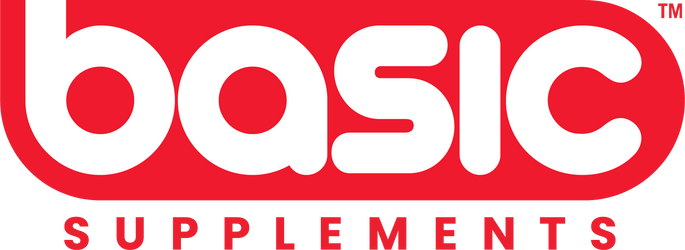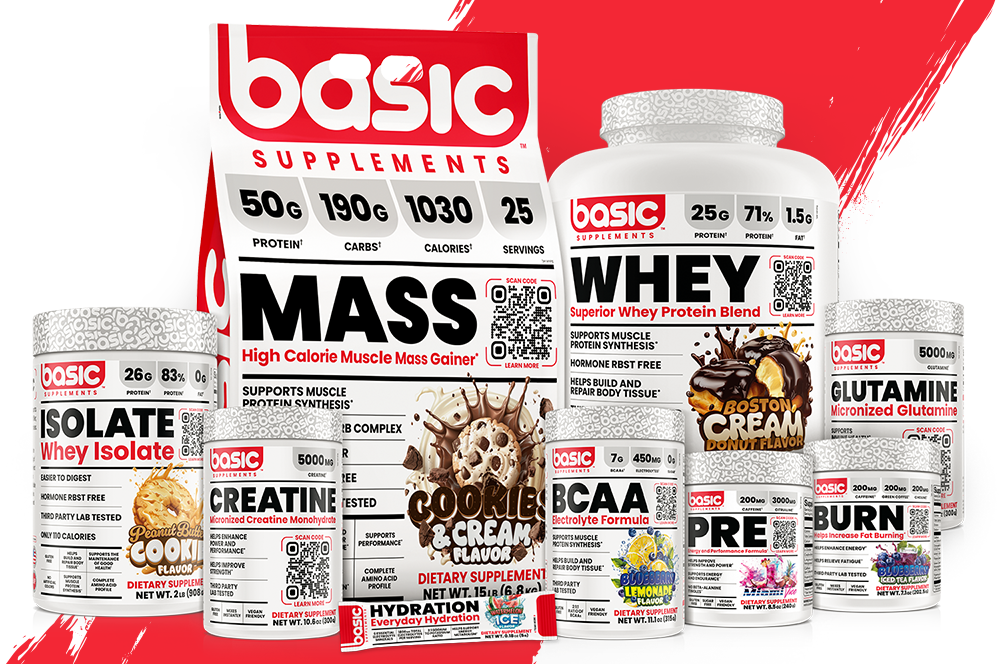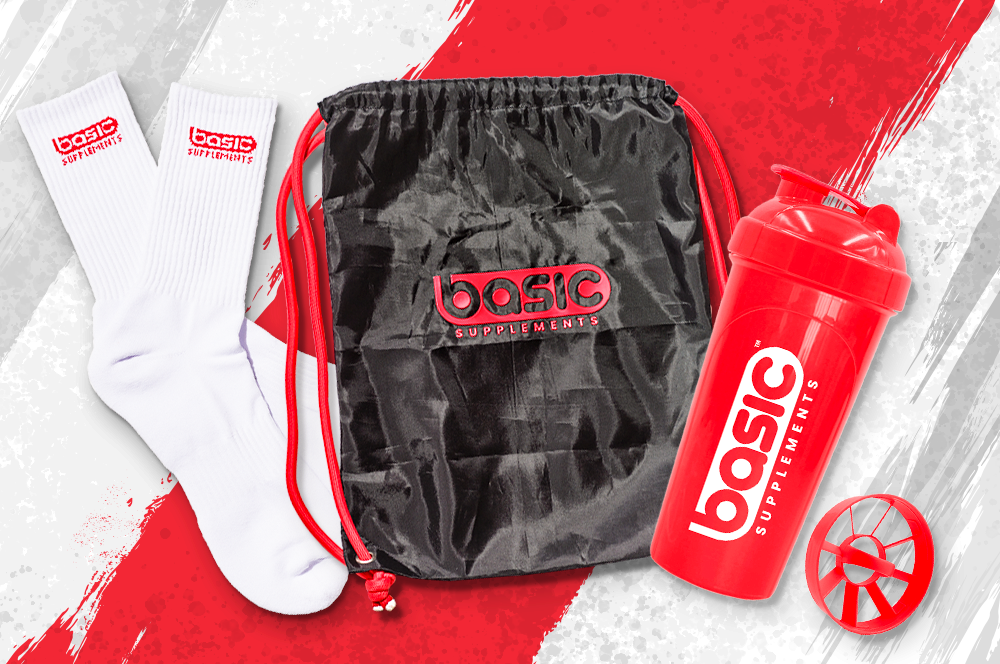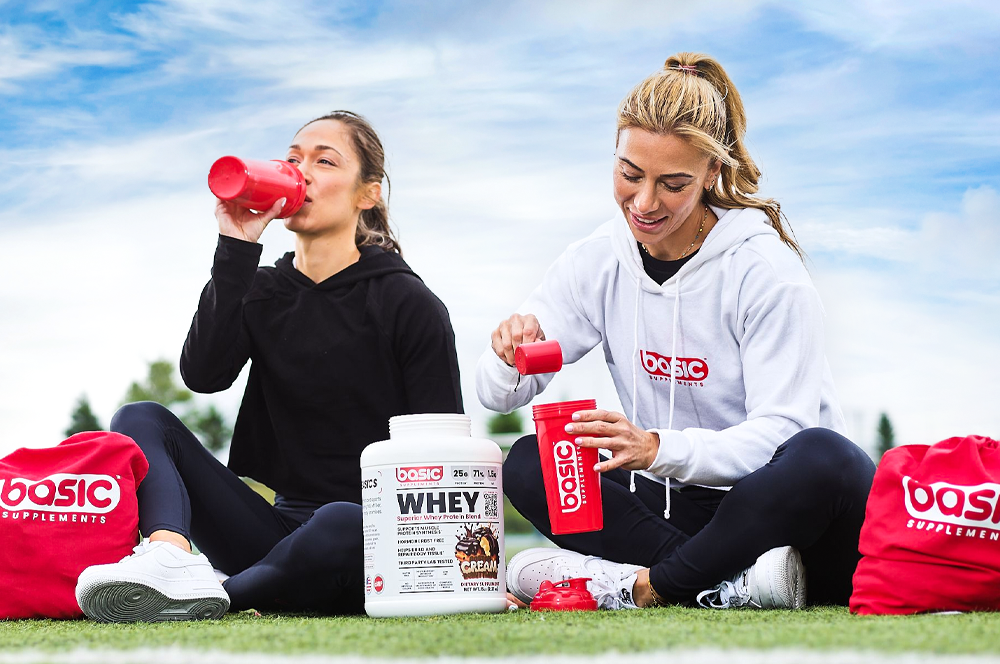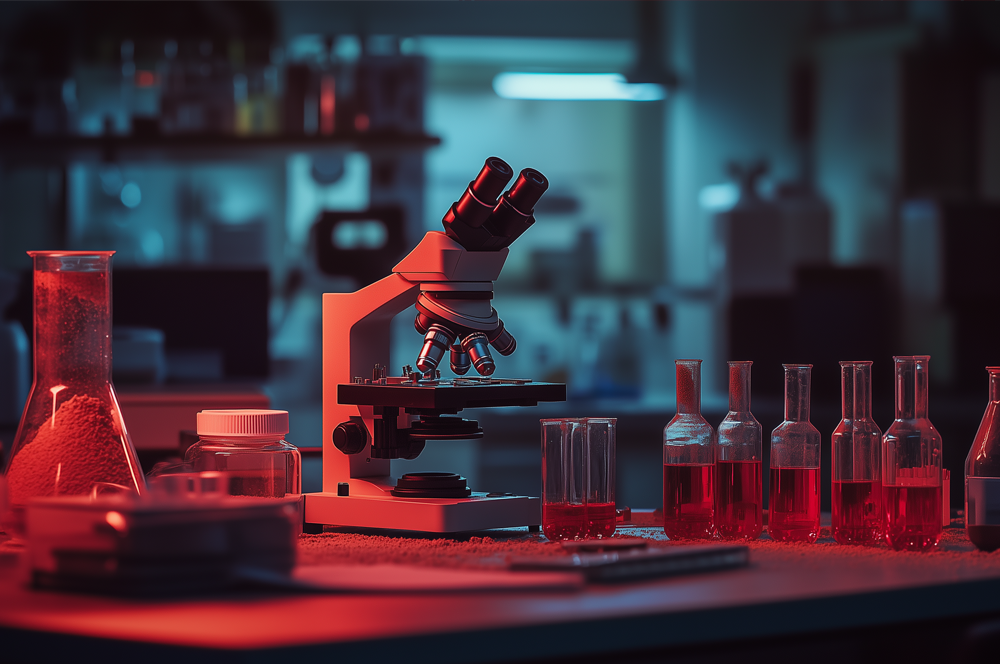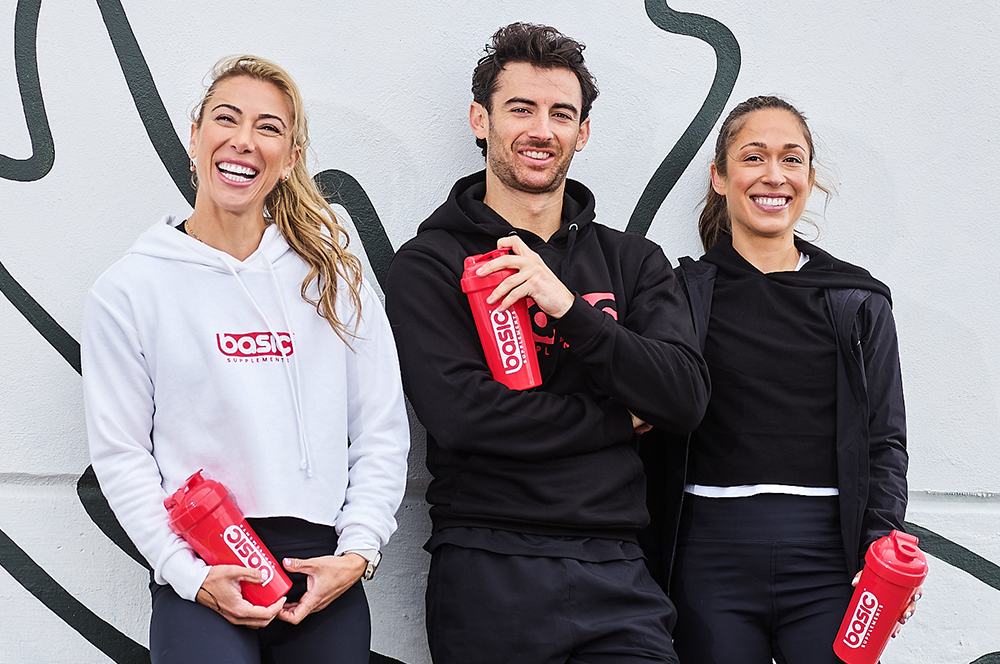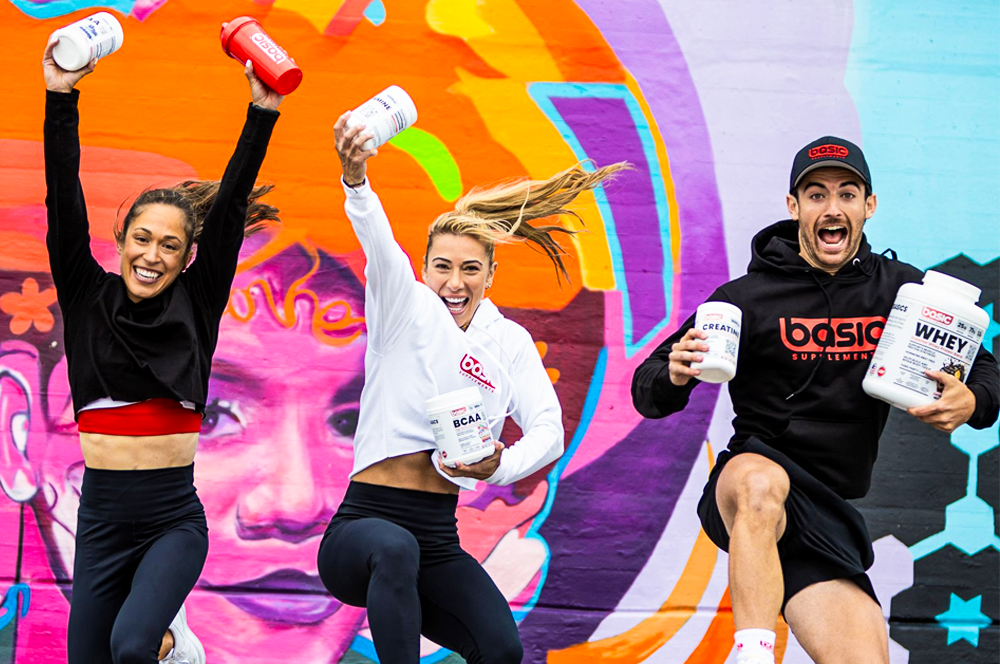Proper hydration and electrolyte balance are the foundation of peak physical and mental performance. Whether you’re an elite athlete, fitness enthusiast, or someone focused on overall wellness, maintaining hydration is crucial for energy, focus, and recovery. This guide dives deep into the science of hydration and electrolytes, the benefits they bring, and strategies to incorporate them into your daily routine.
Understanding Hydration and Electrolytes
What is Hydration?
Hydration refers to maintaining the proper balance of water in the body. Water is vital for numerous physiological processes, including:
Even a 2% decrease in body water can negatively impact energy levels, focus, and endurance.
What are Electrolytes?
Electrolytes are essential minerals that carry an electrical charge, which helps the body perform critical tasks. The major electrolytes include:
Electrolytes ensure that the body retains the water it needs and facilitates efficient communication between muscles and nerves.
The Performance Benefits of Proper Hydration
Maintaining Energy Levels
Water plays a vital role in breaking down food into energy molecules (ATP). Without proper hydration, your energy production slows, leading to fatigue and poor performance.
Improving Cognitive Function
Dehydration can reduce brain volume, impair focus, and slow reaction times. Staying hydrated enhances mental clarity, decision-making, and even mood stability.
Enhancing Physical Performance
Hydrated muscles are more efficient, flexible, and resilient. Proper hydration reduces the likelihood of cramps, muscle fatigue, and injuries, while improving endurance and strength.
Cardiovascular Efficiency
Water helps maintain blood volume, which ensures steady blood pressure and an efficient oxygen supply to working muscles. Dehydration increases cardiovascular strain, making the heart work harder during physical activity.
Supporting Recovery
Hydration aids in flushing out metabolic waste generated during exercise and delivering nutrients to repair muscle tissues. Electrolyte balance ensures faster recovery, reducing soreness and preparing the body for the next challenge.
The Essential Role of Electrolytes in Performance
Muscle Function
Electrolytes like potassium and calcium play a key role in muscle contractions. Without enough electrolytes, muscles may cramp, spasm, or tire quickly.
Fluid Balance
Sodium and potassium maintain proper water distribution between cells and the bloodstream. This balance ensures optimal hydration and reduces the risk of dehydration or overhydration, both of which can impair performance.
Regulating Nerve Signals
Electrolytes enable nerve cells to send signals efficiently. This is especially critical during high-intensity activity, where quick motor responses are necessary.
Preventing Fatigue
Imbalances in electrolytes can lead to reduced endurance, muscle fatigue, and sluggishness. Ensuring a balanced electrolyte profile can help sustain peak energy levels during prolonged activities.
Optimizing Electrolyte and Hydration Strategies for Performance Goals

Pre-Workout Hydration
Start your activity well-hydrated. Drink 16–20 ounces of water 2–3 hours before exercise, and supplement with electrolytes if you anticipate sweating heavily. Incorporating Basic HYDRATION helps ensure your body is prepped for peak performance.
During-Activity Hydration
For activities lasting more than an hour, aim to consume small sips of water every 15–20 minutes. Adding an electrolyte mix can help replace lost minerals and keep you energized.
Post-Workout Replenishment
Rehydration is critical after physical activity. Within 30 minutes of finishing your workout, consume water along with electrolytes to restore fluid balance and aid muscle recovery. Pairing this with a nutrient-rich snack further enhances recovery.
Adjusting for Environment and Intensity
In hot, humid climates or at high altitudes, your hydration and electrolyte needs increase. Similarly, intense workouts or prolonged sessions demand greater attention to fluid and electrolyte replenishment.
Practical Tips for Staying Hydrated and Meeting Electrolyte Needs
Daily Water Intake Recommendations
The general recommendation is:
This can vary based on factors like activity level, climate, and sweat rate. An easy way to monitor hydration is by checking the color of your urine—clear to pale yellow indicates good hydration.
Sources of Electrolytes
Signs of Dehydration and Electrolyte Imbalance
-
Electrolyte Imbalance: Signs include muscle cramps, irregular heartbeat, confusion, and sluggishness.
Addressing these early can help you maintain performance and avoid more serious complications.
Sidebar: Tips for Maximizing Hydration and Electrolyte Intake
Hydration and electrolyte balance aren’t just about drinking water—they’re a dynamic duo critical for energy, endurance, and recovery. Whether you're hitting the gym, taking on a marathon, or managing a hectic day, prioritizing hydration with strategies and supplements like Basic Hydration will help you feel and perform your best. Every sip brings you closer to peak performance!

